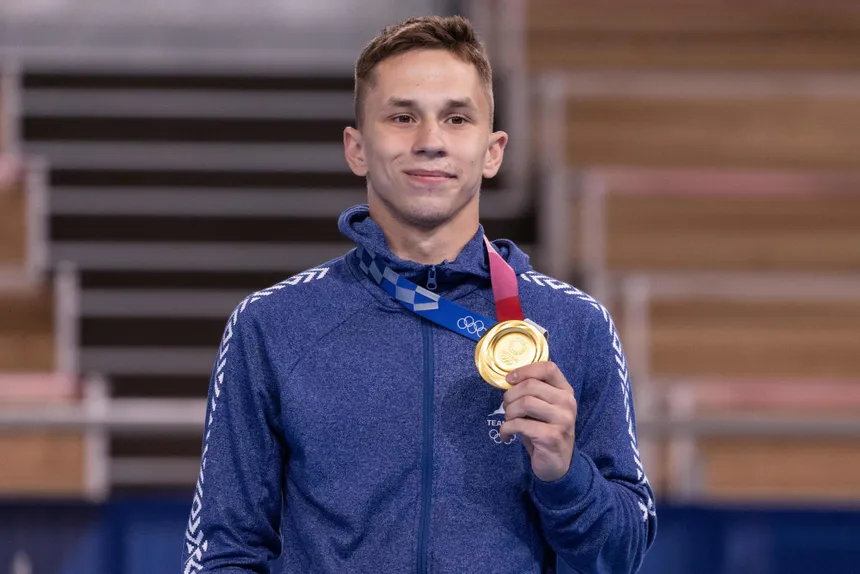The International Olympic Committee (IOC) has approved 14 athletes from Russia and 11 from Belarus to compete at the Paris Olympics under a neutral status. This decision marks a significant step forward in the diplomatic efforts to allow athletes from the two countries to participate in the event, despite the ongoing conflict in Ukraine. The approval comes after a thorough vetting process, which includes assessment by sports governing bodies and a review by the IOC panel.
The approved athletes include Ivan Litvinovich, the defending Olympic champion in men’s trampoline, from Belarus, among others. Notably, no athletes were approved in taekwondo, a sport that has been subject to controversy and debate in the context of the Russia-Belarus-Ukraine conflict. The approved athletes will compete under the Olympic flag, rather than their national flags, and will be referred to as Individual Neutral Athletes (AINs).
The decision to allow neutral athletes from Russia and Belarus is a significant departure from the usual rules of the Olympic Games, which typically prohibit athletes from competing under the flag of a country that is subject to a ban. However, in this case, the IOC has chosen to uphold the principle of fair play and allow athletes to compete on an individual basis, regardless of their nationality.
The approval of neutral athletes has not been without controversy, however. Ukrainian athletes and officials have been vocal in their opposition to allowing Russian and Belarusian athletes to compete, citing the ongoing conflict in Ukraine and the need to maintain diplomatic pressure on the two countries. Some have called for a blanket ban on all Russian athletes, mirroring the approach taken in track and field.

Ivan Litvinovich (Via Ivan Litvinovich/Twitter)
Despite these concerns, the IOC has maintained that its decision to allow neutral athletes is a necessary step towards promoting peace and harmony at the Olympic Games. The organization has also stressed that the approval process for neutral athletes is rigorous and thorough, involving a two-stage vetting process that includes review by sports governing bodies and the IOC panel.
The decision to allow neutral athletes from Russia and Belarus is also seen as a step towards normalizing relations between the two countries and the international community. In the lead-up to the Olympics, there are hopes that the Games will serve as a symbol of unity and reconciliation, bringing together athletes from around the world to compete in a spirit of friendship and fair play.
The approval of neutral athletes from Russia and Belarus is a significant development in the run-up to the Paris Olympics, which are set to open on July 26th. As the world’s top athletes gather to compete in the biggest sporting event of the year, the inclusion of athletes from these two countries is seen as a powerful symbol of the Olympic spirit and a testament to the enduring power of sport to bring people together and promote peace and understanding.
